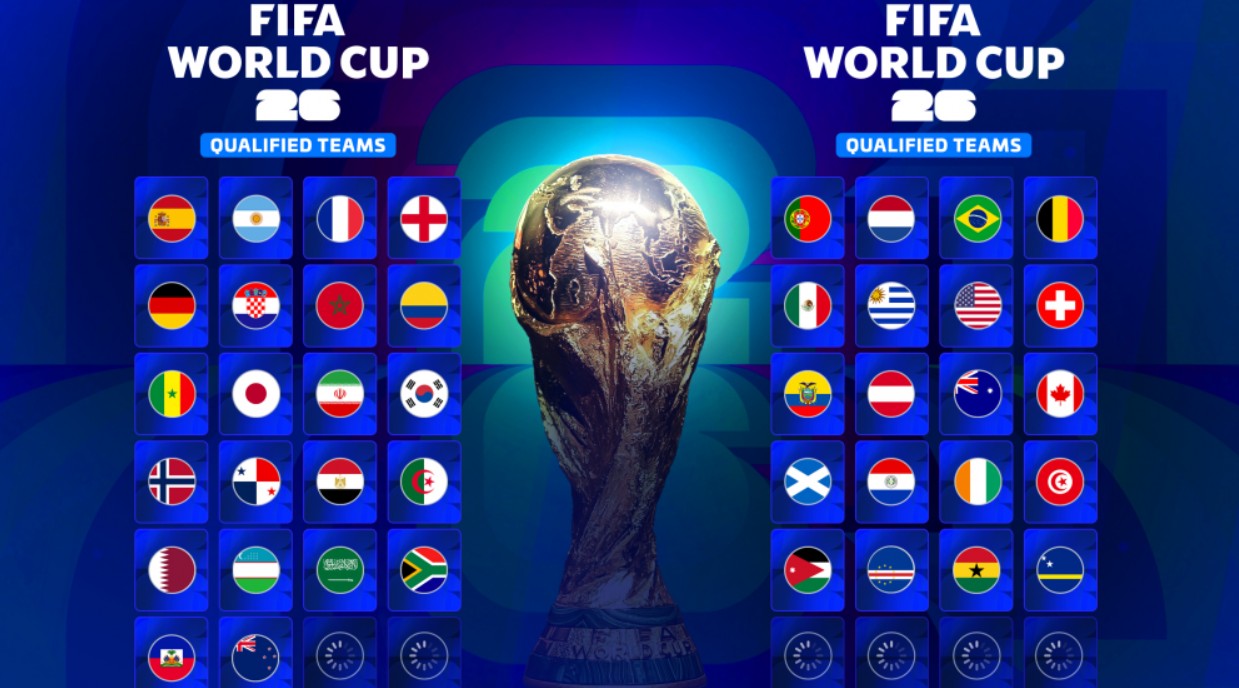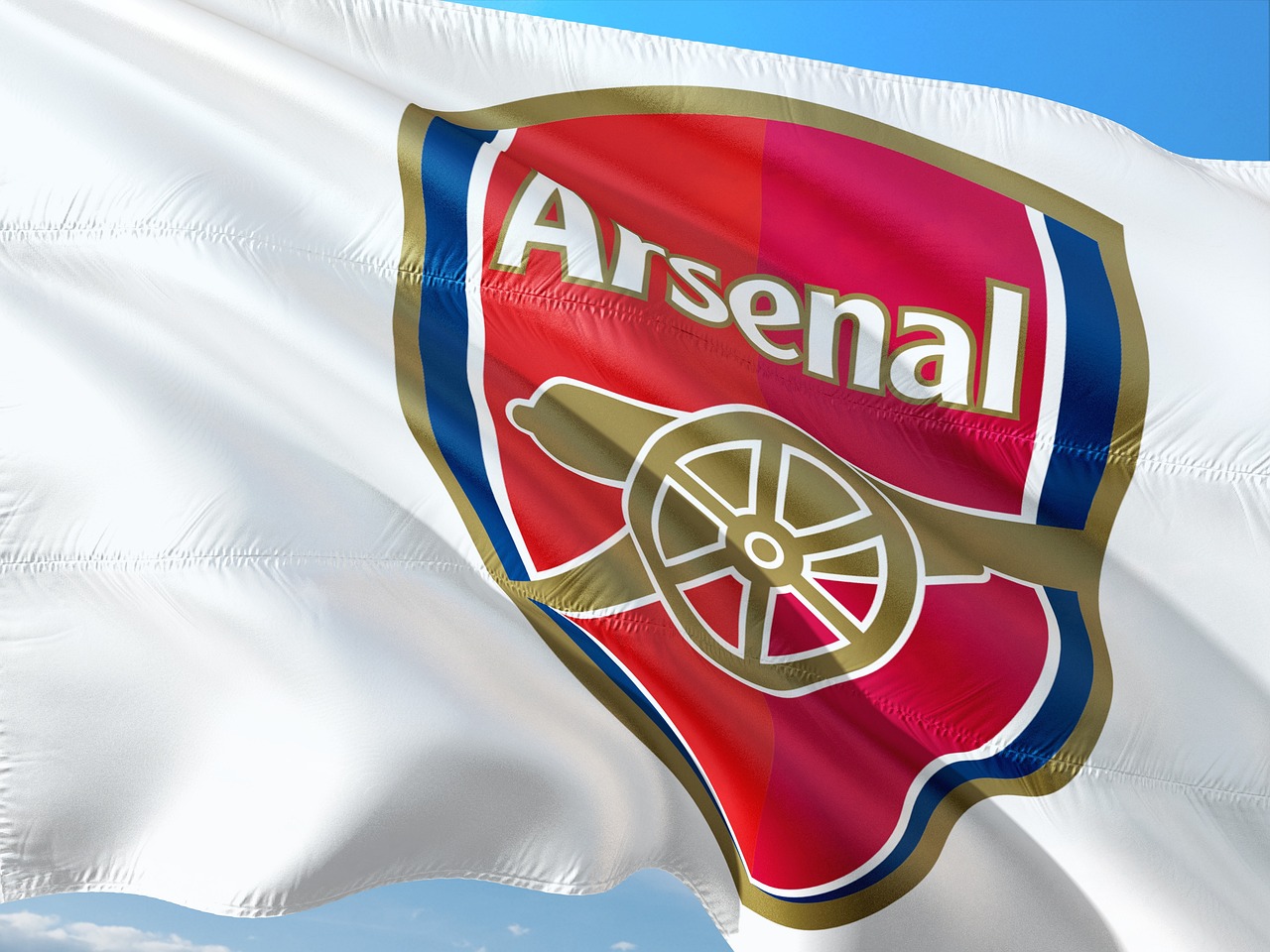Football History: The Origins And How The Game Started
Football is one of the most beloved and widely pla

Football is one of the most beloved and widely played sports today. It has roots in various ancient games and has evolved over the centuries to become the fast-paced and exciting game we know and love today.
While the game's rules have changed and adapted to the times, the game’s core principles remain the same. Football has a long and fascinating history, tracing its origins back to the Ancient Greeks and Romans.
Over the years, various forms of the game have been played in Europe, Asia, and the Americas, with each region introducing its unique styles and techniques. By the 19th century, the game had become a well-recognized sport and had spread across the globe.
Today, football is one of the most popular sports worldwide, with millions of fans and players worldwide. From its humble beginnings to its current status as a global sport, football has truly earned its place in history.
Football betting has also got popular with the game. Punters are now betting online on websites such as Parimatch, a promising and reliable sportsbook.
Origins of Football: Ancient Greek and Roman Games
The most common theory about the origin of football is that the game was developed from various sports played in the Roman Empire. The Romans played a game called “curs” that had several similarities to modern-day football.
The earliest Greek ball games were played in ancient Greece. The Greeks had several ball games and sports inspired by the Romans. The first recorded football game was in Corinth, Greece, in 1859. The game was likely a modified version of the Greek game “pyramids,” with two teams of 11 players trying to kick a ball through a goal.
Similar games involving kicking a ball between two teams were played in ancient Greece and Rome, where the term “football” was coined. By the 17th century, football had spread to England and was played by both commoners and royalty.
Spread of Football Across Europe
Football was widely played across Europe by the end of the 19th century. However, rugby union, widely regarded as the father of the modern football game, had become very popular in the UK by this time.
The rules of rugby have remained unchanged, while the rules of football have evolved over the years to incorporate new techniques, strategies, and strategies. By the early 20th century, other football variants had emerged in other European countries, including Germany, France, and Italy.
By the end of the century, football had become the most popular sport in many European countries, and European nations began to compete at the international level.
The first international football tournament was held in 1877, and the first World Cup was held in 1930. The World Cup continues to be held every two years, and today, the World Cup is watched by millions of fans around the world.
Football in the Americas
By the early 20th century, football was also being played in the Americas, where it quickly gained popularity in North America and South America. North American football was primarily inspired by rugby union, while South American football was influenced by association football, which is how association football is often referred to in Latin America.
The first World Cup in the Americas took place in 1930, with the top teams from North and South America competing in Mexico City. The World Cup has been an annual event since then, and in recent years, the competition has been expanded to include more countries.
Today, the World Cup is widely regarded as the most-watched sporting event in the world and is viewed by millions of fans worldwide.
Development of Football in the 19th Century
One of the essential factors in the development of the game of football was the invention of the codified play pattern. This pattern had existed for many years in rugby, but the way that the movement patterns in football were codified led to the game’s rapid expansion.
The codified play pattern was a large part of the game's becoming a well-recognized sport. Another significant development in the 19th century was the dawning of the modern sport of association football.
This sport was born in Britain and was developed from various ball sports that had been played there since the Middle Ages. Association football later spread to France and Germany, where it was further codified and developed.
The popularity of Football in the 20th Century
Football’s popularity continued to grow in the 20th century, with the sport being played by millions of fans worldwide. By the end of the century, football was the most popular sport in many countries, including Brazil, Argentina, and Uruguay.
The game's popularity was bolstered by the rise of international competitions, such as the World Cup and the European Championship, which were hosted by many European nations in the 20th century.
In addition, many domestic and international tournaments were organized, including the European Champions Cup, the Copa del Rey, and the FIFA World Cup. Additionally, the game was aided by the advent of mass media.
Television broadcasts of football matches began in the 1920s, and radio broadcasts became more common in the 1950s. In addition, football is increasingly being played online, such as on mobile phones, consoles, and computers.
Football in the 21st Century
Football has continued to grow in popularity, with many of the most watched tournaments being hosted in the 21st century, including the World Cup, the European Championship, the Copa Mundial, and the Confederations Cup.
One of the most significant changes in the game in the 21st century has been football's rapid growth in countries outside of Europe and South America. The game has increasingly become more prevalent in countries worldwide, with the highest levels of participation being found in North America, Asia, and Africa.
Football has become more prevalent in countries with smaller populations, such as Ireland and Japan. Using new technologies, such as social media and mobile phones, is a significant factor in the game's growth.
These technologies have made it easier for football fans to find matches to attend and for players and coaches to stay connected to the game.
Conclusion: Football's Place in History
It is hard to imagine a world without football, as the sport is played by millions of fans and has a rich history that can be traced back to ancient times.
Football has evolved over the years but has remained relatively consistent in its core principles, making it a genuinely dynamic sport.
Football has since spread to many other countries, and it has been adopted and adapted by different cultures, giving rise to various forms of the game. As a result, its popularity has grown exponentially; today, it is played in almost every country worldwide.
While many other sports have had to adapt to changing times, football has remained relatively unchanged and has thrived as a popular, established sport. Even now, it continues to grow in popularity around the world.







